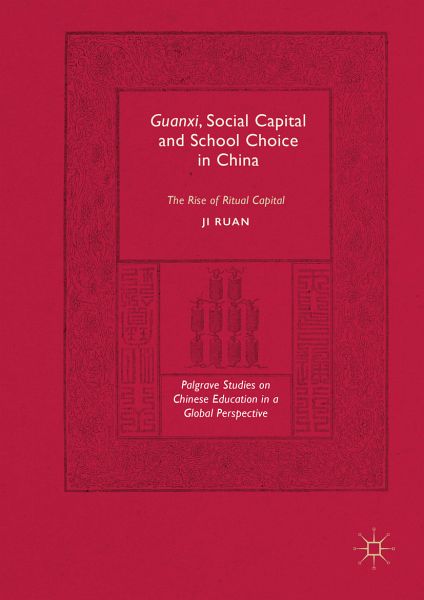
Guanxi, Social Capital and School Choice in China (eBook, PDF)
The Rise of Ritual Capital
Versandkostenfrei!
Sofort per Download lieferbar
80,95 €
inkl. MwSt.
Weitere Ausgaben:

PAYBACK Punkte
40 °P sammeln!
This book focuses on the use of guanxi (Chinese personal connections) in everyday urban life: in particular, how and why people develop different types of social capital in their guanxi networks and the role of guanxi in school choice. Guanxi takes on a special significance in Chinese societies, and is widely-discussed and intensely-studied phenomenon today. In recent years in China, the phenomenon of parents using guanxi to acquire school places for their children has been frequently reported by the media, against the background of the Chinese Communist Party's crackdown on corruption. From a...
This book focuses on the use of guanxi (Chinese personal connections) in everyday urban life: in particular, how and why people develop different types of social capital in their guanxi networks and the role of guanxi in school choice. Guanxi takes on a special significance in Chinese societies, and is widely-discussed and intensely-studied phenomenon today. In recent years in China, the phenomenon of parents using guanxi to acquire school places for their children has been frequently reported by the media, against the background of the Chinese Communist Party's crackdown on corruption. From a sociological perspective, this book reveals how and why parents manage to do so. Ritual capital refers to an individual's ability to use ritual to benefit and gain resources from guanxi.
Dieser Download kann aus rechtlichen Gründen nur mit Rechnungsadresse in A, B, BG, CY, CZ, D, DK, EW, E, FIN, F, GR, HR, H, IRL, I, LT, L, LR, M, NL, PL, P, R, S, SLO, SK ausgeliefert werden.












